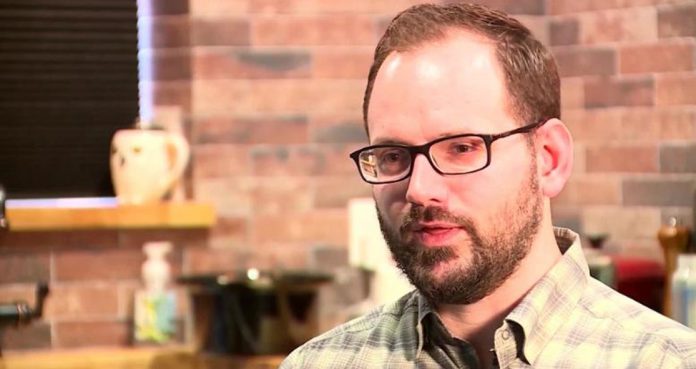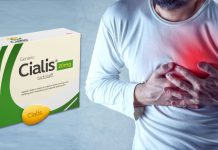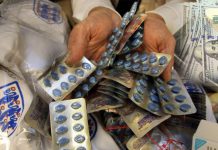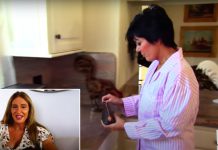A 28-year-old Oklahoma man named Josh Hader suffered from a stroke after stretching and popping his neck. While doing so, he tore one of his arteries.
Hader said, “The moment I heard the pop, everything on my left side started to go numb. I got up and tried to get an ice pack from the fridge, and I remember I couldn’t walk straight.”
His father-in-law took him to the ER of the Mercy Hospital.
Hader recalled, “I had about six or seven nurses and doctors surrounding me.”
Dr. Vance McCollom, at Mercy Hospital, said his stroke could have killed him. He shared an X-ray of Hader’s neck, which showed a tear in his vertebral artery that leads to the brain.
Dr. McCollom said, “If you have a stroke in that area you can end up with a patient – they’re locked in. They completely understand what’s going on, but they can’t communicate. They can’t move anything. They can’t speak. They can’t breathe.”
The stroke that Hader had caused a lot of damage. The doctor said one of his muscles that goes to his eye has become weak due to nerve injury. He had to wear an eye-patch for several days.
Dr. McCollom decided he could be best treated with medication and physical therapy.
Hader said, “For the first few days, I couldn’t walk without a walker.”
Although he can walk now, he still has some trouble with his left leg. Plus, he had one of the strange side effects – painful hiccups for two weeks, which nearly caused him a panic attack.
Dr. McCollom explained that Hader would probably always have some complications from his stroke. The doctor cautioned people from popping their neck. Instead, he advised to just move their head from side to side. “Don’t twist it. Whenever you twist it, there’s a risk of tearing that vessel. I suspect he just turned it real sharply and then sharp and up and back. That’s what really pinched it,” said Dr. McCollom.























